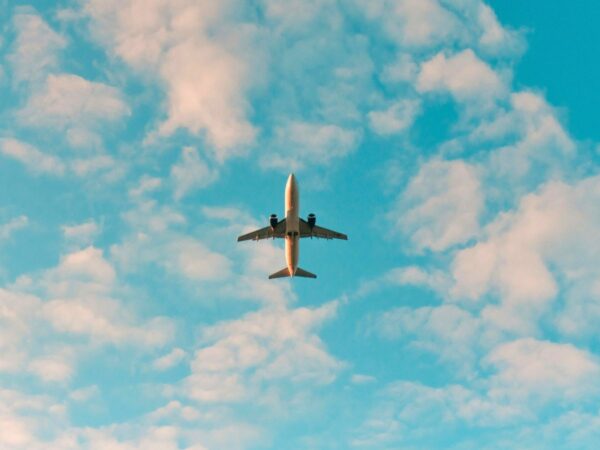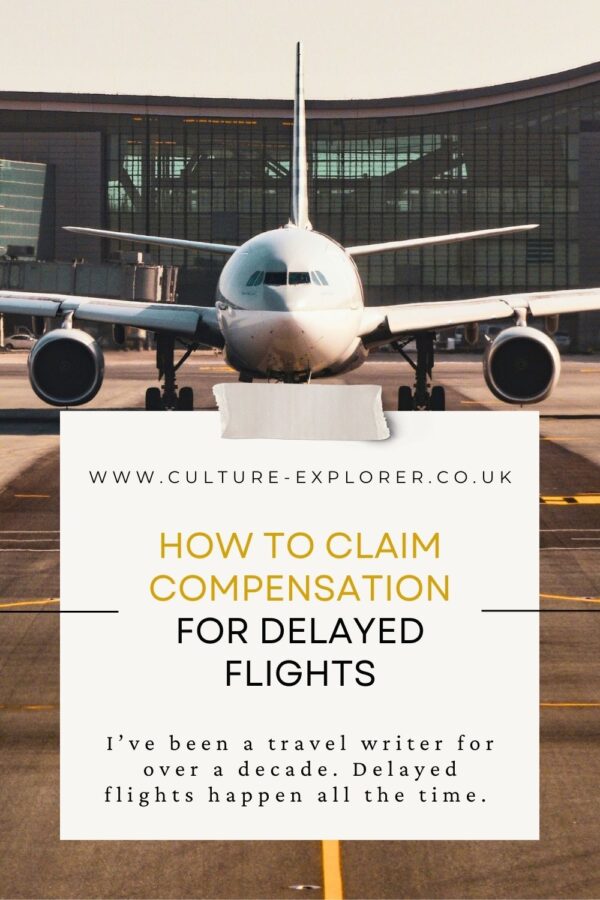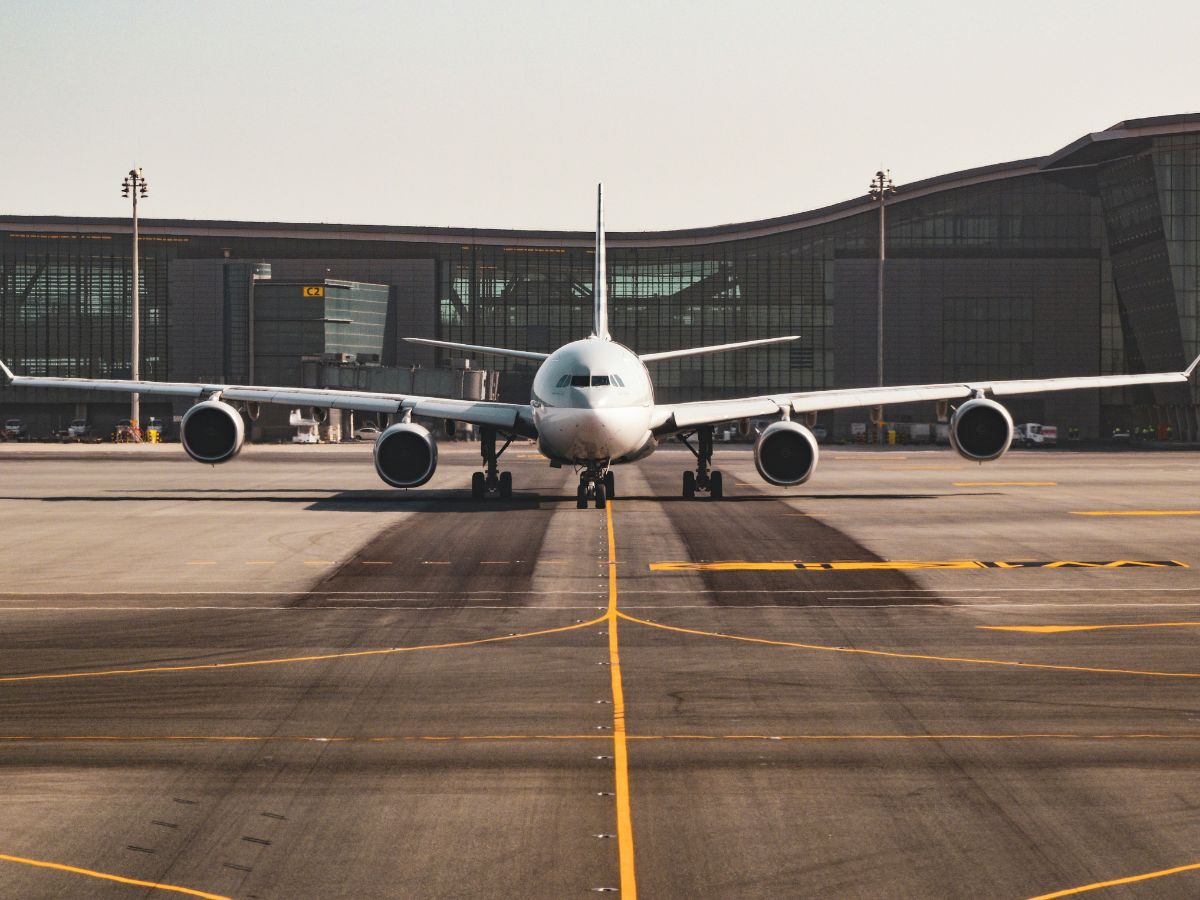How to claim compensation for delayed flights
Culture Explorer uses affiliate links, including those from Amazon, which are identified using an *. If you buy something through the link at no extra cost to you, Culture Explorer may be paid a commission, which helps to fund running of the site. You can read more about this here.
Flight delays are an unfortunate reality of air travel.
Often it’s just an hour or two of inconvenience, but sometimes it means missed connections and delays that extend into days.
What many passengers don’t realise, however, is that they are often entitled to more than just a half-hearted apology.
Under UK law, airlines have clear responsibilities when delays occur, which include covering reasonable expenses and paying out compensation in certain circumstances.
As a full-time travel writer, I’ve encountered more than my share of delayed flights and have been able to claim compensation on several occasions.
Here’s what you need to know about claiming compensation for delayed flights.
When UK air passenger rights apply
Not all countries have air passenger rights legislation, but the UK does and the rules apply to both delayed and cancelled flights.
The law was adopted from EU Regulation 261/2004 after Brexit, so the rules are largely similar.
However, it only applies in a specific set of circumstances.
You’ll be covered if your flight was operated by…
- any airline departing from an airport in the UK
- an EU or UK airline arriving at an airport in the UK
- a UK airline arriving at an airport in the EU
If you’re flying to an EU nation then EU Regulation 261/2004 might apply instead.
An airline’s duty of care
Regardless of whether you’ll get compensation, you should know that your airline has a duty of care.
This duty of care only kicks in after your flight has been delayed for a certain length of time, but once it’s in effect, it remains in place until you either board your flight or decide not to travel.
On short haul flights (under 1,500km), the airline’s duty of care starts once your flight has been delayed for more than two hours.
On medium haul flights (between 1,500km and 3,500km), it starts when the delay has been over three hours.
And on long haul flights (over 3,500km), it starts once your flight has been delayed for more than four hours.
After a five-hour delay, you can decline to travel. In this case the airline must offer you a full refund – but you are on your own after that.
If you still want to travel then the airline’s legal obligations continue.

What the duty of care includes
UK law stipulates that if your flight has been delayed, and the threshold for duty of care has been met, the airline must provide you with the following:
- meals and refreshments (but not alcohol)
- a means for you to communicate, such as phone or data credits
- overnight accommodation, if needed, and transport to and from that accommodation
In practice, you’re often expected to arrange these yourself and reclaim the costs later, so keep every receipt.
The expenses must be “reasonable”, although airlines rarely spell out what that means.
Many travel insurance providers cap food and beverage claims at £25 to £50 per 12-hour period so this is a good guide to follow.
Accommodation is a bit trickier because prices can vary so much, but a mid-range property near the airport is generally a safe bet.
When you can get compensation for delayed flights
You can claim compensation for delayed flights going back six years if both of the following conditions apply:
- the delay means you arrive at your final destination more than three hours later than scheduled
- the delay was caused by something within the airline’s control
Delays due to the cabin crew going on strike, a mechanical fault with the plane, or missing equipment are all considered to be within the airline’s control.
However, extreme weather, industrial action by airport staff or air traffic controllers, a bird strike, or wars or conflicts of any kind are considered extraordinary circumstances and are out of the airline’s control.
How much compensation can you get?
The amount of compensation you can get for flight delays depends on where you’re travelling to and how long you’ve been delayed.
On short haul flights you’ll get £220 after your flight has been delayed for more than two hours.
On medium haul flights it’s £350 for delays over three hours.
And on long haul flights it’s £520 for delays of over four hours – or £260 if you arrive at your destination with a delay of under 4 hours.
It’s worth noting that for connecting flights, if it’s all part of one booking, it’s actually when you reach your final destination that counts.
How to make a flight delay compensation claim
Any claims you make should be submitted to the airline you travelled with rather than the one you booked through. This applies to both compensation and expenses.
Most airlines have a dedicated webpage or email address for this.
Alongside a brief note regarding your delay and your desired outcome (compensation and/or reimbursement of expenses), you’ll need to submit your supporting documents (more below).
This piece on how to complain effectively will steer you towards what to include in your cover note but it’s important to be as succinct as possible.
Collecting supporting documents
You can’t claim compensation for a delayed flight until you’ve landed at your final destination, but you can start gathering evidence while travelling.
You’ll need some kind of document from the airline that explains the cause of the delay, as well as the length of delay.
It may not always be possible to get this while you’re travelling; instead, you may have to request it from the airline once you get back.
To prove that you’ve travelled, you’ll need your boarding card.
And of course, if you had to buy food and drink, or had other reasonable expenses, you’ll need to collect receipts for these too.

Where to submit your compensation claim
You need to submit your claim for compensation directly with the airline you travelled with.
Here are the links to the main UK airlines’ compensation pages:
After you’ve submitted your claim
Once you’ve submitted your claim, it’s just a case of waiting for the outcome.
An airline has up to eight weeks to consider your claim and respond so it can be quite a lengthy process.
If you don’t want to do the follow ups, you can also use services such as AirHelp* to do the claim for you.
Bear in mind that you’d have to pay for their services out of any compensation you receive, and you’d still have to fill in lengthy forms.
Resolver is a free alternative but I’ve found that some airlines will refuse to deal with claims submitted through them.
What if you’re unhappy with the outcome?
Your airline will eventually respond to you by writing – these days it’s usually an email.
They might accept your claim and issue a payout straightaway, or they could decline your claim.
If they do decline, you can challenge them on their decision by supplying additional evidence.
If they still don’t accept your claim, and you think you’ve got a case, you can escalate the claim via an alternative dispute resolution (ADR) scheme the airline has signed up for, or the Civil Aviation Authority (CAA).
You can take them to court as a last resort.
A real life example
As I mentioned before, I’ve been on more than my fair share of delayed flights so I’m going to use a recent one as a real life example.
In April 2024, I received £520 in compensation from British Airways after a delayed flight.
That compensation was on top of £242.98 in hotel expenses.
My delayed flight
I was flying to Ho Chi Minh City for a big Asia trip in March 2024.
My journey included a layover of around two hours in Doha, which would normally be enough to make the connection.
But right before boarding in London, we were told that there was a fault with the plane so there would be a delay.
BA was on it – they offered all passengers food and refreshments straightaway even though the delay ended up being less than two hours
However, that short delay made me miss my connecting flight, and turned what was meant to be a two hour layover into a 20 hour one.
I ended up getting to Ho Chi Minh City a whole day later than planned.

Claiming compensation
Even though I booked my flights through Qatar Airways, the first leg of my journey was operated by BA as part of a codeshare scheme, so my compensation claim had to go through BA.
The total distance travelled (10,187km) and delay time (18+ hours) entitled me to the maximum allowable compensation of £520 so that’s what I claimed for alongside expenses.
I submitted my claim to BA on 8 March, a day after I finally landed in Ho Chi Minh City, and it got back to me impressively quickly on 11 March.
My layover hotel was pretty expensive at £242.98 a night, but it felt justifiable.
The hotel I stayed in was the only one in the airport.
Because it was already close to 3am in Doha by the time I got the letter I needed to make a compensation/expenses claim, I wasn’t going to exit the airport to find an alternative.
BA agreed and reimbursed me straightaway.
It probably helped that I didn’t have any food and drink expenses as I had lounge access through my frequent flyer status.
However, BA initially declined my compensation claim.
Challenging a decision
The agent dealing with my case said the delay was due to “damage to the aircraft”, which was out of its control and therefore BA didn’t need to pay compensation.
Because I was told by multiple BA staff, including the pilot, that the delay was due to a technical issue, I pushed back on this.
I asked the agent to clarify the cause of the damage, explaining what I had been told by BA staff during the flight.
Technical issues, I added, were not considered extraordinary circumstances – there was precedence in law on this specific issue so I knew I had a case.
The agent then told me the cause of the damage was being investigated so I made a note to follow up.
When I did again, BA agreed I was in the right and finally paid up.
It just shows that sometimes it’s worth standing your ground.
Pin this for later






